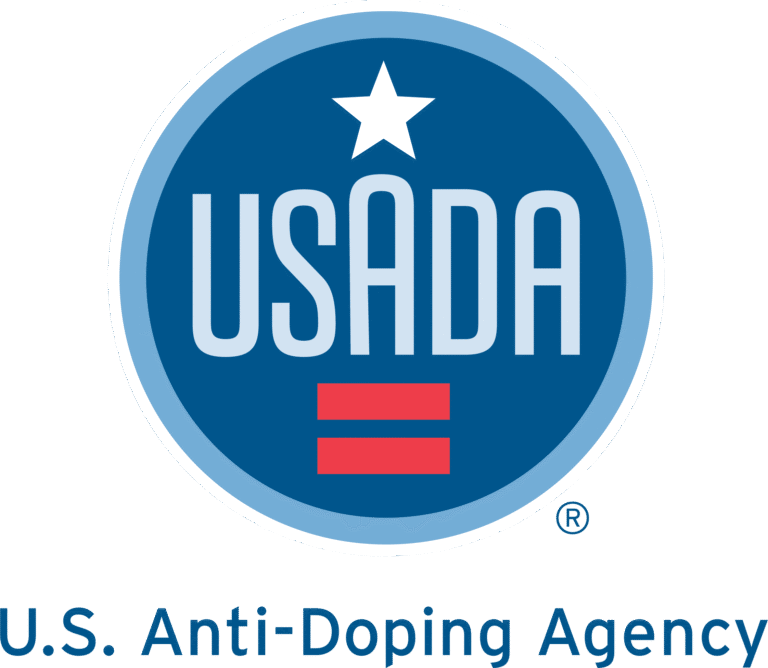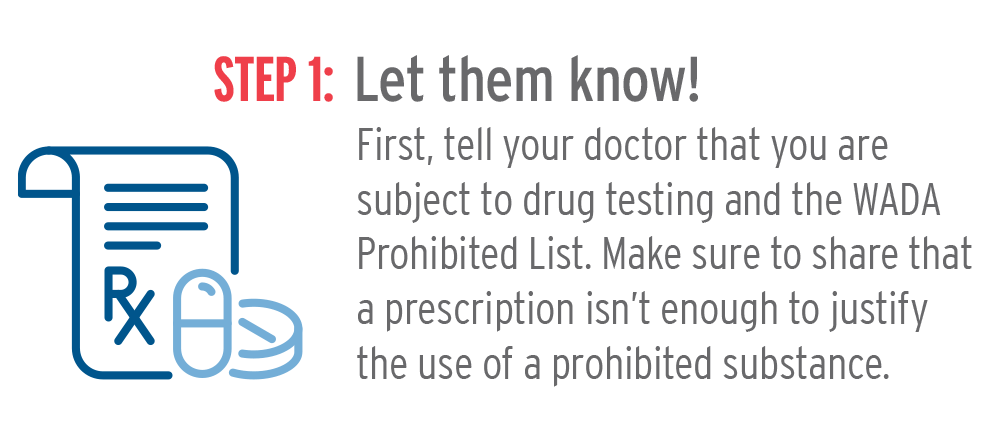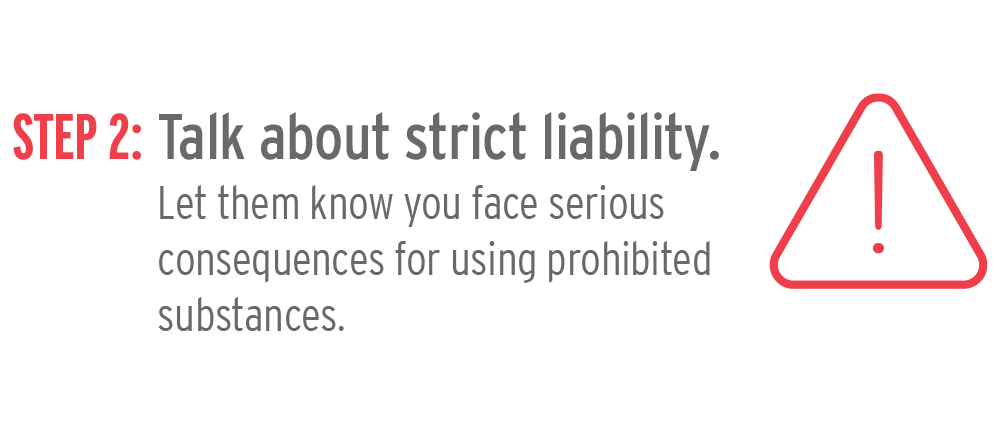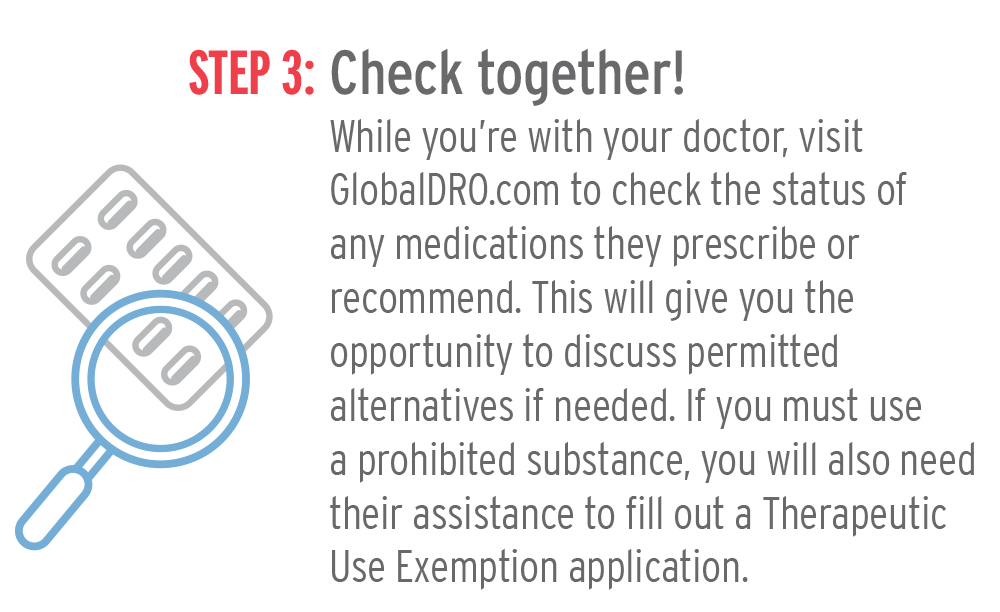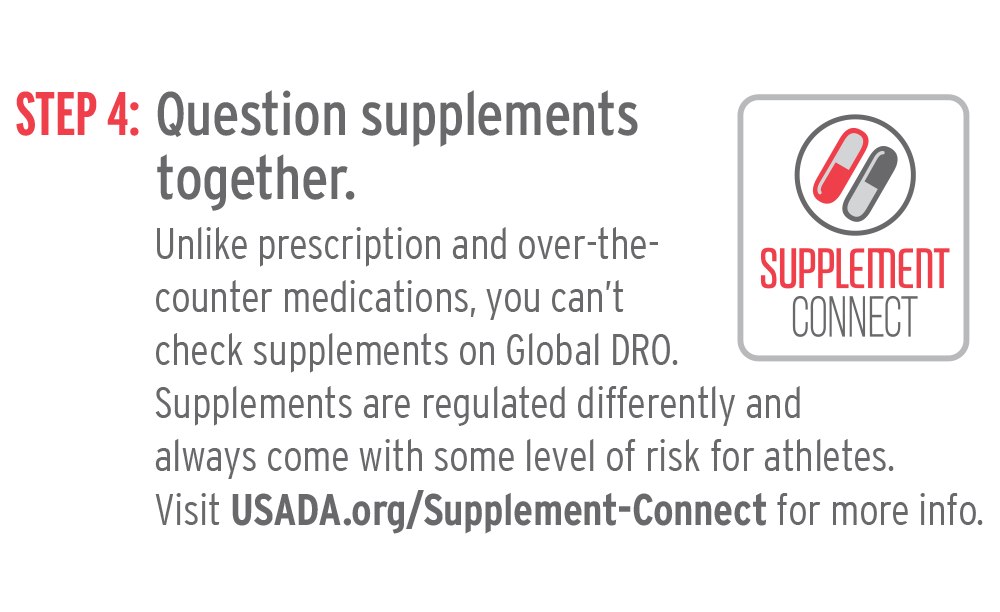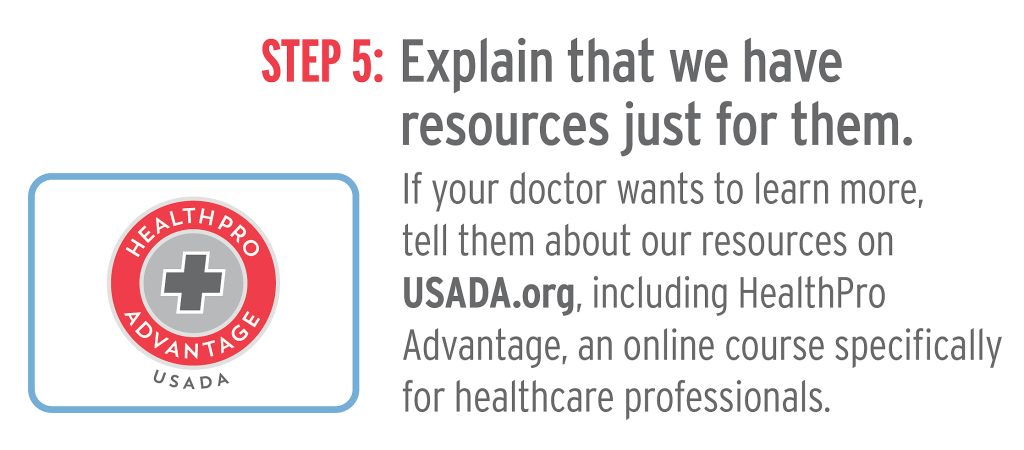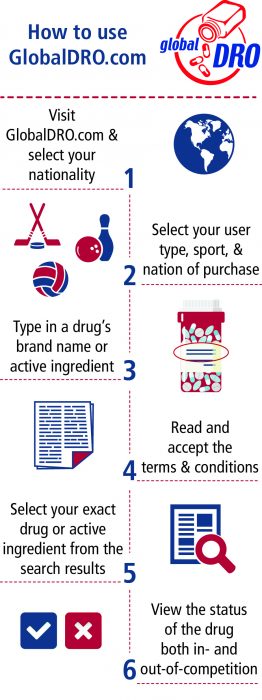
Have you ever accepted a substance without knowing its prohibited status?
It’s easy to assume that someone you trust – a doctor, a coach, a spouse – is going to understand and help you uphold your anti-doping responsibilities. Unfortunately, the trusted people in an athlete’s life are not always going to know or respect the rules as expected. And more importantly, the athlete is ultimately responsible for what goes on and in their body, even if a trusted person gives an athlete a prohibited substance without their knowledge.
So, when you find yourself in situations like these, remember this: Did you check though?
It only takes a few minutes to check medications and ingredients on GlobalDRO.com.

Why it matters: an athlete testimonial
Desmond Jackson thought he could trust his coach. They had been working together for years, developing a bond that felt more like family than professional mentorship. He was led to believe their values were the same.
At the 2021 U.S. Paralympic Track and Field Trials, the 22-year-old Jackson was accompanied by his coach as usual, and his thoughts were consumed by the anticipation of competing in an event where he could finally qualify for the postponed 2020 Paralympic Games in Tokyo. He was in a rush and already feeling the Minneapolis heat when his coach offered him a pill to help with his energy. Jackson took it, no questions asked. What happened that day would change the course of his athletic career and life.
Watch the video to learn more.
tools
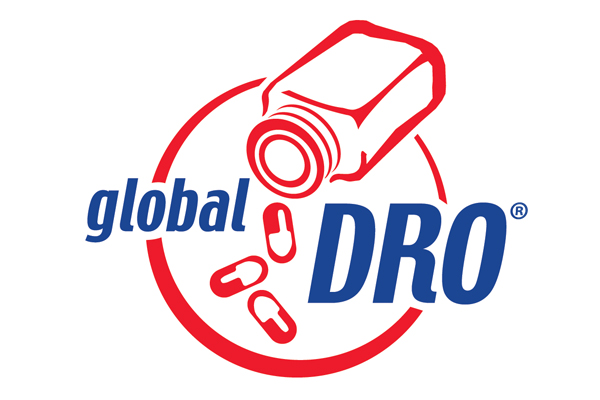
The Global Drug Reference Online (Global DRO) provides athletes and support personnel with information about the prohibited status of specific medications based on the current World Anti-Doping Agency (WADA) Prohibited List.
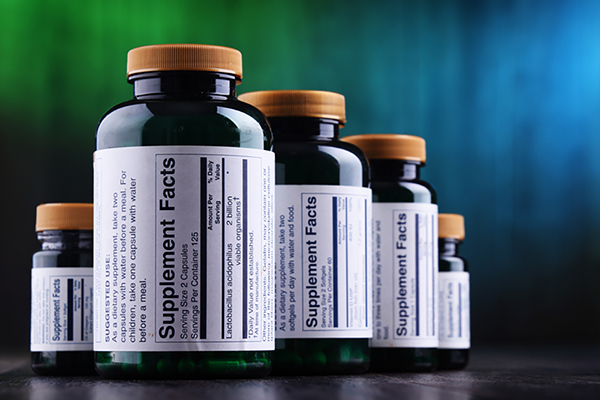
Unlike prescription and over-the-counter medications, you can’t check supplements on Global DRO. Supplements are regulated differently than medications and always come with some level of risk for athletes. Visit Supplement Connect for more info.

An athlete may apply for a Therapeutic Use Exemption (TUE) to use a prohibited medication or method for a specified time period. A prescription alone is not enough to justify a TUE, so athletes need to work with their physicians to provide the required documentation.
TIPS
related articles
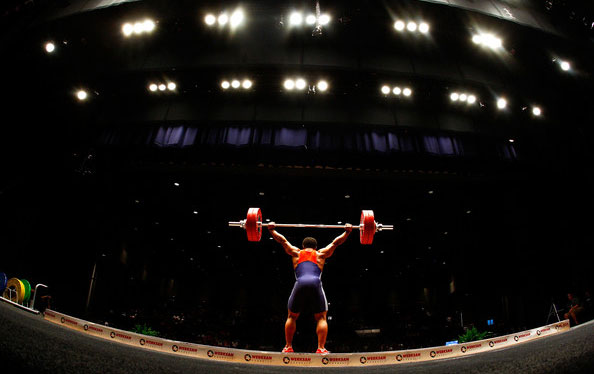
Weightlifting Athlete Adam Hagerman Accepts Sanction for Anti-Doping Rule Violation
USADA announced today that Adam Hagerman, of Austin, Texas, an athlete in the sport of weightlifting, has accepted a three-month period of ineligibility for an anti-doping

USADA Unites Global Experts for Science Symposium on Doping Prevalence versus Detection
It’s a question that every athlete asks: Is the science keeping up with the dopers? The U.S. Anti-Doping Agency (USADA) recently welcomed 19 expert speakers and

Independent Arbitrator Imposes Two-Year Sanction on Bobsled Athlete Manteo Mitchell for Anti-Doping Rule Violation
An independent arbitrator determined that Manteo Mitchell would receive a two-year sanction after testing positive for a prohibited substance.
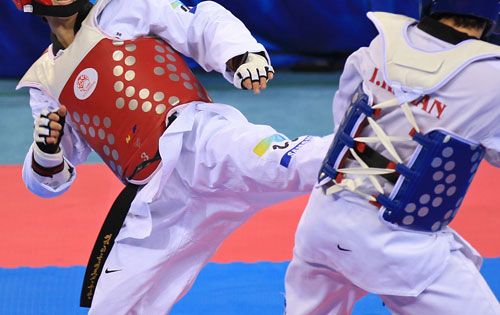
Taekwondo Athlete Barron Mosteller Accepts Sanction for Anti-Doping Rule Violation
Barron Mosteller, an athlete in the sport of taekwondo, has accepted a one-year period of ineligibility for an anti-doping rule violation.
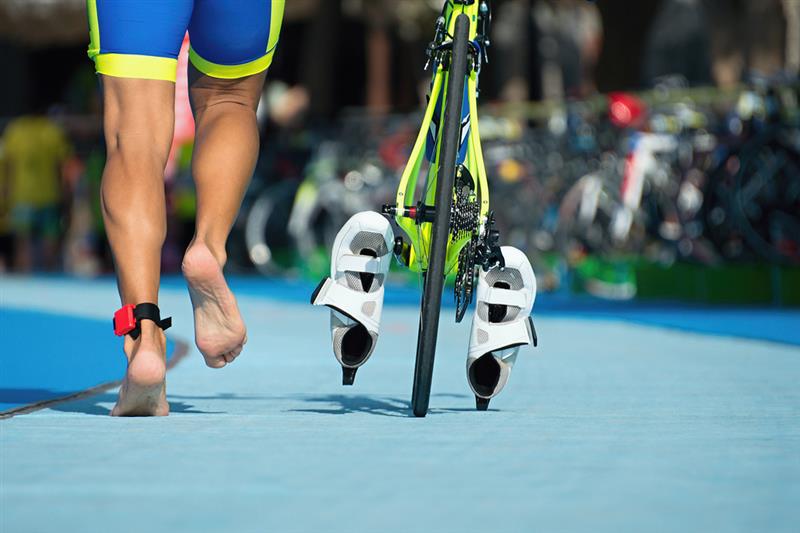
Triathlon Athlete Anthony McCauley Accepts Sanction for Anti-Doping Rule Violations
Anthony McCauley, an athlete in the sport of triathlon, has accepted a sanction for anti-doping rule violations.
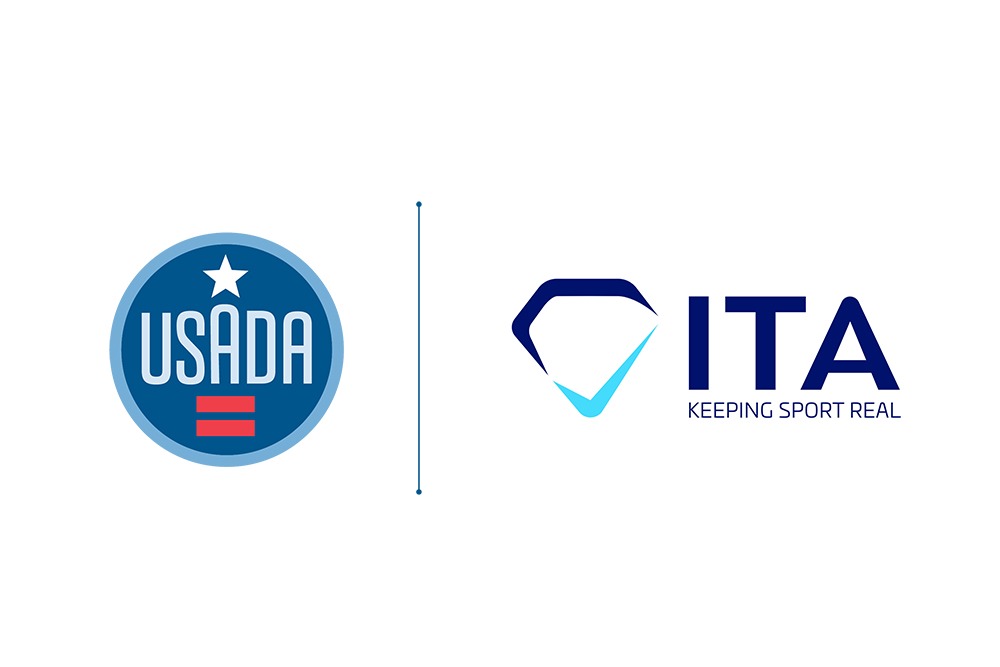
ITA and USADA Renew Collaboration Agreement Ahead of LA28
The ITA and USADA are thrilled to announce a renewed and expanded agreement to best serve athletes while maximizing resources and efficacy.
Return to the Clean Sport Campaign landing page
